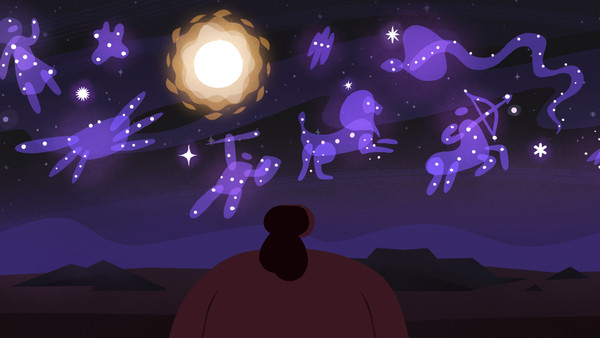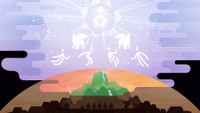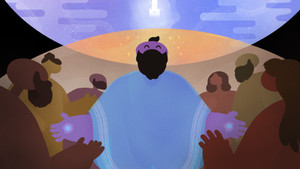
5:16

In the opening pages of the Bible, God creates two overlapping realms, the heavens and the earth. This is where the drama of the biblical storyline takes place. Many of us are familiar with the human drama. But the biblical authors want us to see another set of characters who are also heavily involved in this earthly story.

Episode 3

Episode 1

Episode 2

Episode 3

Episode 4

Episode 5

Episode 6

Episode 7

Episode 8